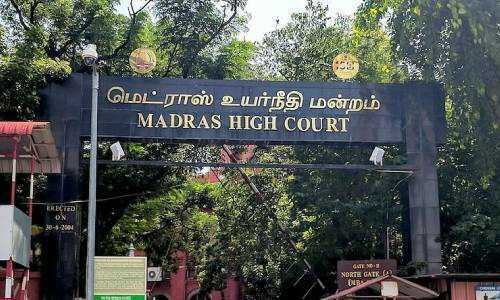
The High Court established that the NCLT or its appellate court cannot call into question the Committee of Creditors' (CoC) decision to discontinue CIRP proceedings in the precedent-setting case of Vallal RCK vs. M/s Siva Industries and Holdings Limited and Ors. The stakeholders' decisions are given the appropriate weight in this decision.
In the instant case titled Pueblo Holding Limited v. Emirates Trading Agency, the issue raised for clarification before the High Court was:
Whether the assets/shares are located in the court's territorial jurisdiction or at the registered office of the business that issued those shares, which one has jurisdiction for execution?
With regard to this issue, the Madras High Court noted that Part II, Chapter I of the Arbitration Act deals with the enforcement of specific foreign awards, and that under this section, a party holding an international award has the right to use any jurisdiction worldwide where the assets of the defaulting party are located for the recognition and enforcement of the award. The court further noted that the award would be enforceable in India if the petitioner or defendant of the case received a binding decision from a specific nation, which may be a signatory to the New York Convention or the Geneva Convention, and the decision was made within the region that India had designated as a convention country.
When addressing the fundamental issue, the court held that it cannot be claimed that the execution procedures can only be brought in Dubai because the defendant, who is the award debtor, has its registered office there. It is acceptable for the Petitioner, who is the decree holder, to carry out the award in the region where the Defendant's assets are situated.
The Court categorically stated that,
"In any dispute between a company or a corporation and shareholders, the jurisdiction would be with the Court where the registered office of the corporation or company is situated, whereas, any disputes between a third party over the shares held within the company, the jurisdiction would vest with the Court, where the shareholders are located".

